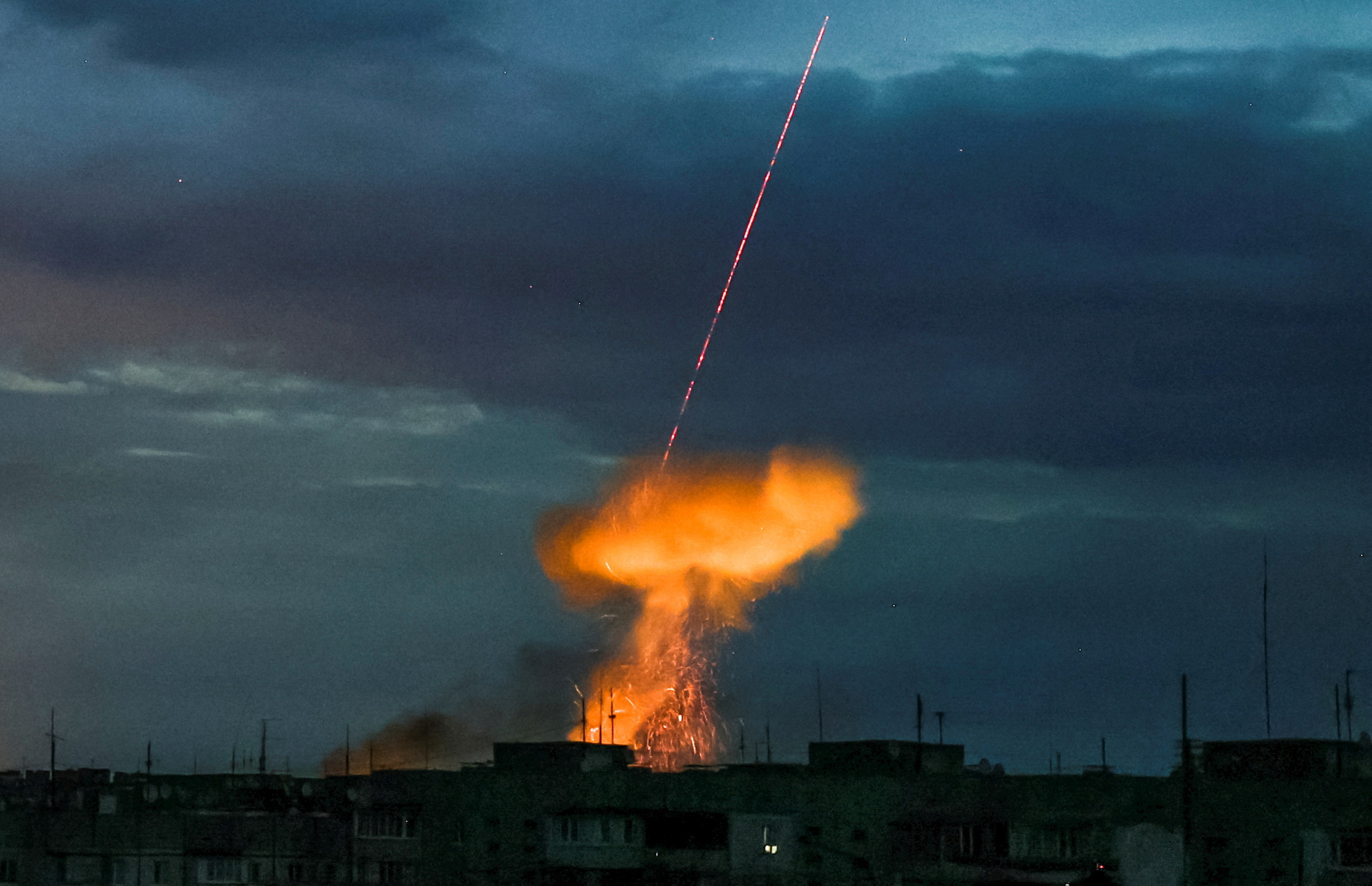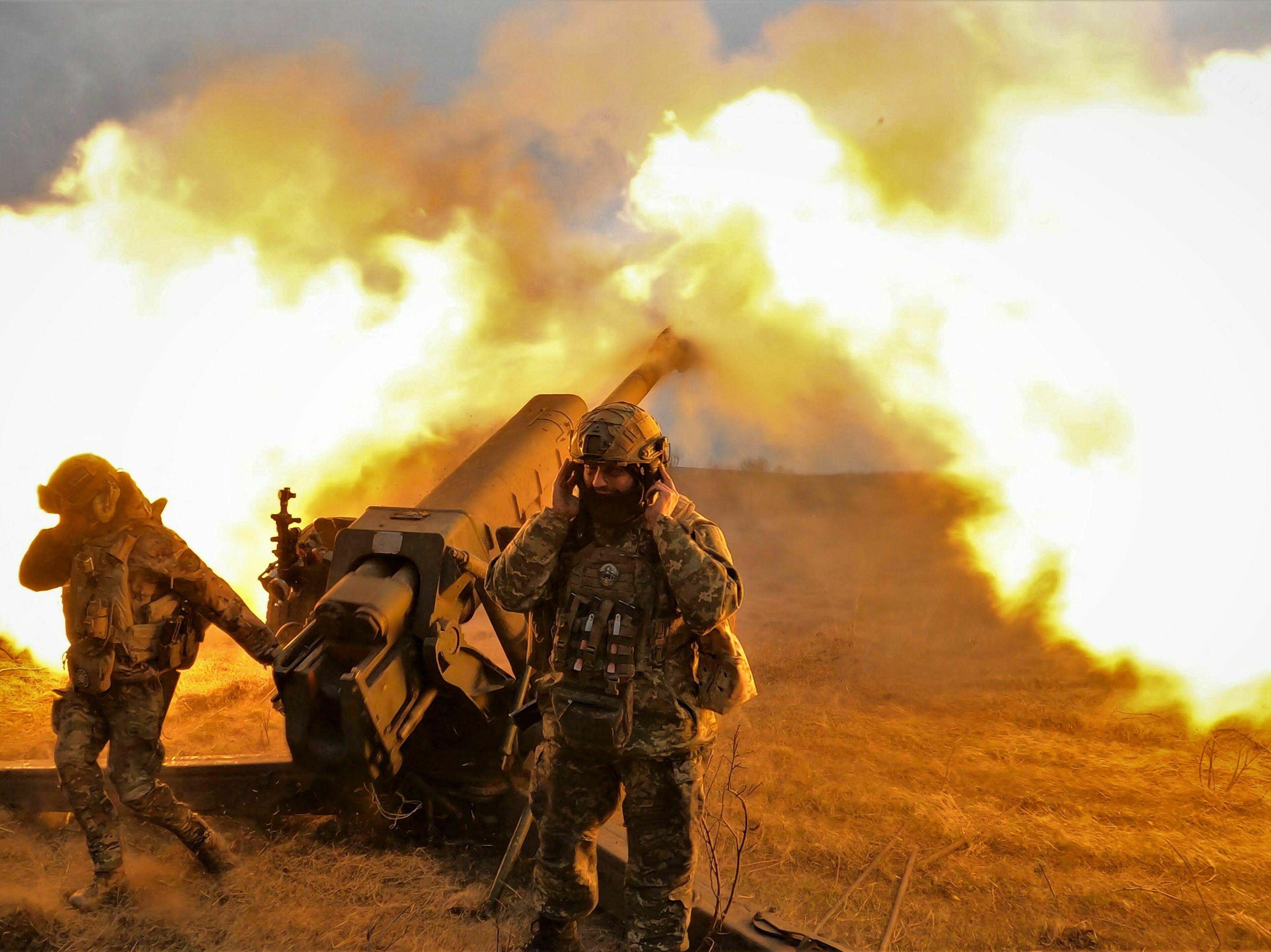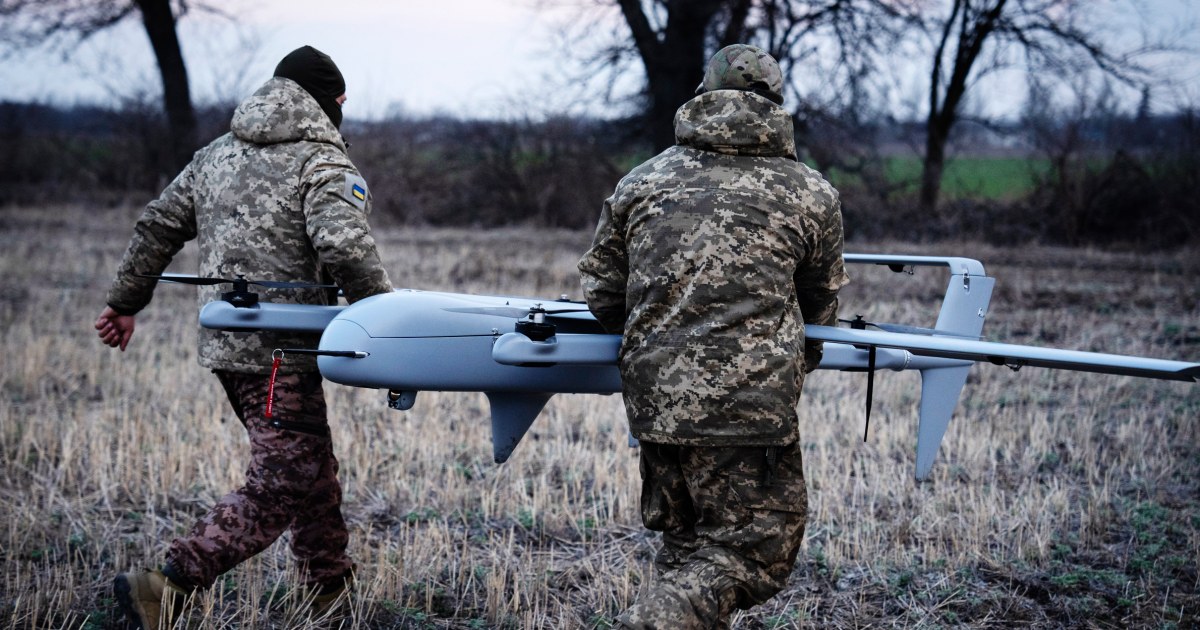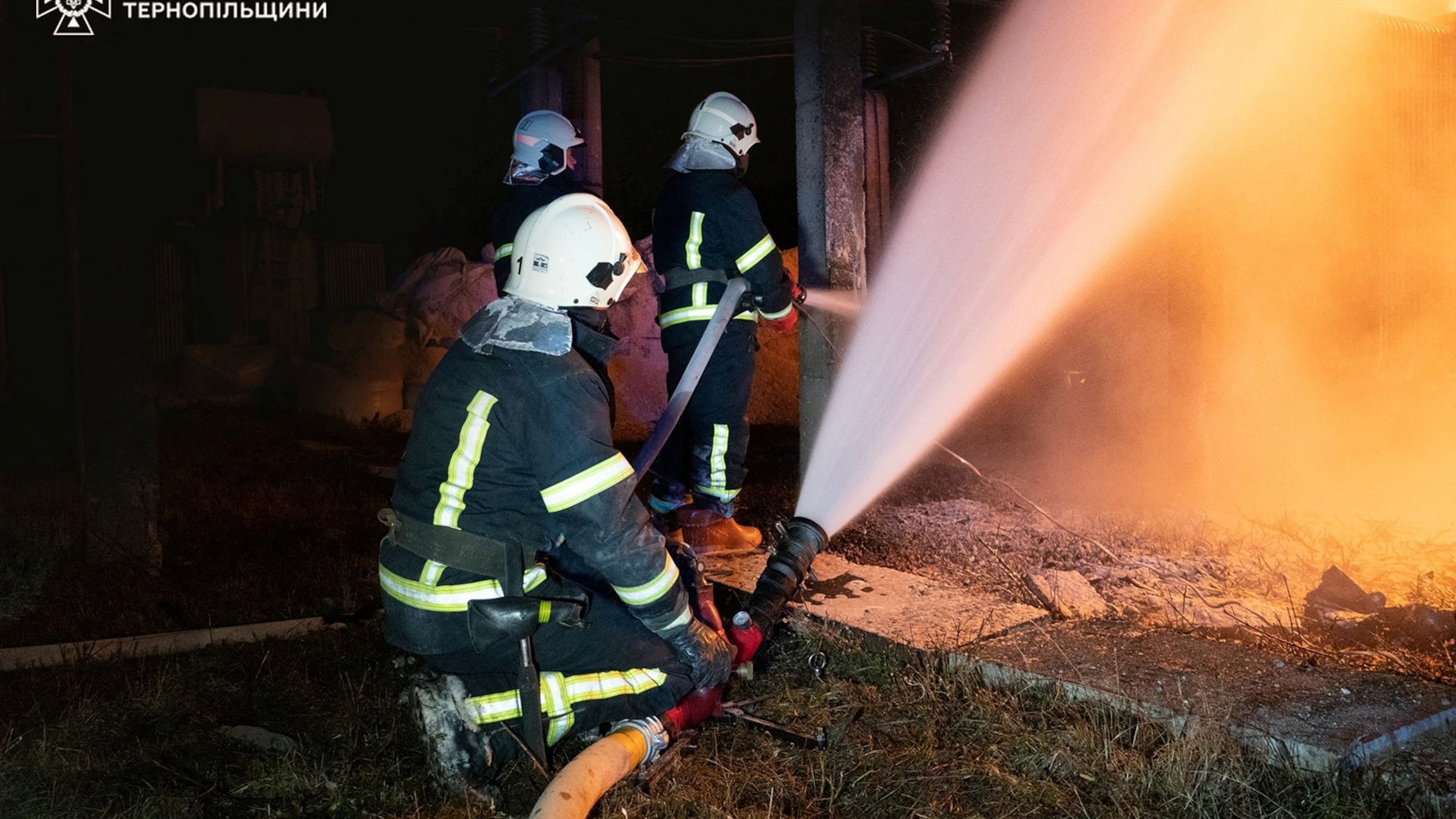Record Russian Drone Attacks Pummel Ukraine

Ukraine is facing an unprecedented wave of Russian drone attacks, with Ukrainian officials reporting barrages exceeding 700 drones in a single night – the largest drone attacks of the war. These assaults, often employing numerous decoys to overwhelm defenses, target cities far from the front lines, including crucial logistical hubs like Lutsk and the capital Kyiv. The attacks have caused significant casualties and infrastructure damage, underscoring the urgent need for enhanced air defense capabilities.
Zelenskyy's Call for Accelerated Funding

President Volodymyr Zelenskyy has publicly declared that Ukraine has developed a solution, in collaboration with American engineers, to counter the daily barrage of 700-1,000 UAVs. This solution, capable of mass production, requires significant financial backing from international partners to become fully operational. Zelenskyy’s plea for increased investment in air defense systems, interceptor drones, and missiles is driven by the escalating intensity and scale of Russian attacks.
International Support and Commitments at the Ukraine Recovery Conference

The recent Ukraine Recovery Conference in Rome (July 10-11, 2025) yielded pledges totaling over $11.7 billion for Ukraine's reconstruction. Key commitments for air defense bolstering include Germany's pledge to fund two Patriot air defense systems, Norway's commitment for one, and the UK's £2.5 billion ($3.1 billion) deal for 5,000 Thales air defense missiles over 19 years, alongside an additional £283 million ($354 million) in bilateral aid. The US, after a temporary pause, has resumed supplying Ukraine with 155mm munitions and precision-guided rockets, with President Trump indicating further NATO support including Patriots.
European and Other International Pledges

The European Union has allocated €2.3 billion ($2.7 billion) for Ukraine's reconstruction, launching a new equity fund to stimulate private investment. The Netherlands has pledged over $300 million for reconstruction and economic strengthening through 2026. A “Coalition of the Willing,” comprising 31 countries, has pledged strengthened support, planning to establish a headquarters in Paris to coordinate future security assistance. NATO Secretary General Mark Rutte has urged allies to provide more ammunition and air defense systems.
Analysis of Stakeholders and the Situation

Ukraine, facing an existential threat, is the primary stakeholder, desperately seeking to protect its citizens and infrastructure. Russia, the aggressor, employs the escalating drone attacks to overwhelm Ukrainian defenses, disrupt Western aid, and inflict suffering. International partners, including the US, Germany, Norway, the UK, the EU, and NATO, are providing crucial financial and military support. Key defense industry players like Thales (UK) and US Patriot manufacturers are pivotal suppliers. The roles of President Zelenskyy, leading Ukraine's diplomatic efforts, and President Trump, whose administration’s approach to aid has seen fluctuations, are also critical in this evolving situation.
Controversy and Consequences of the Russian Aggression

The temporary halt in US weapons shipments sparked concerns about the reliability of American military aid. The sheer scale of the Russian drone attacks highlights the ongoing challenge for Ukraine in maintaining adequate air defense coverage. The urgent need for sustained and accelerated financing from international partners is paramount in countering Russia's intensified air campaign. The attacks underscore President Putin's apparent disinterest in peace and his strategy of escalating violence to cause widespread suffering and damage.